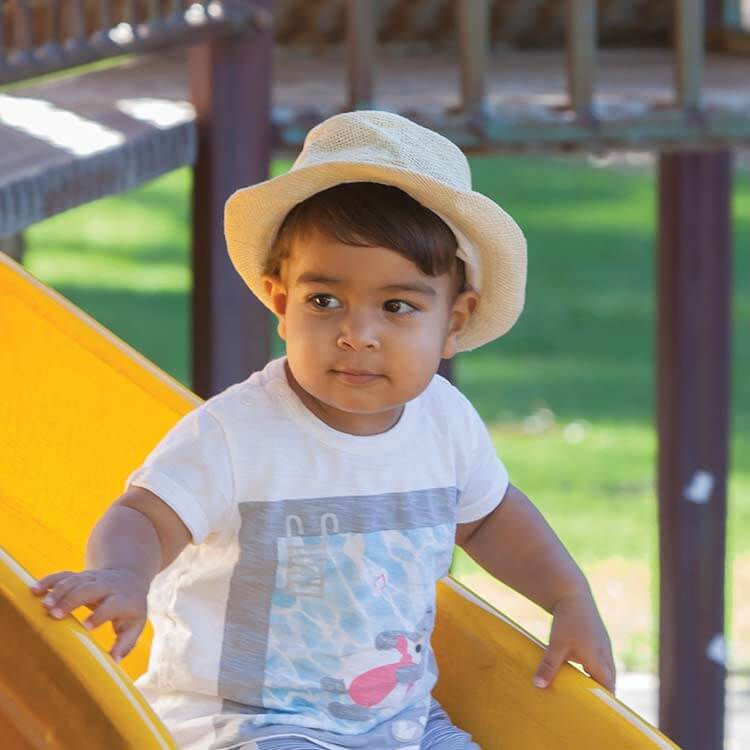Search
Research
Evaluation of the Child and Family Assessment and Referral Network (CFARN)Yasmin Sandra Mary Harman-Smith Van Diermen Brushe BA, BHlthSc(Hons), PhD BPsych(Hons), PhD (Public Health) Head, Early Years Systems Evidence; Head
Research
Pacific Early Age Readiness and Learning (PEARL) Programme in TongaThe (PEARL) Programme, implemented by the World Bank, aims to support Pacific Island Countries in building capacity to design, implement, and monitor evidence-based policies and programs for primary schools.
Research
Early Childhood DevelopmentEvery child deserves the best possible start in life. Evidence demonstrates the period from pre-birth to three years is a vital period of development. It lays the foundations for a child’s future and has life-long impacts on health, education, job opportunities, social inclusion and wellbeing.
Research
Health literacy scale for English-speaking children: translation and validation of the HLS-Child-Q15-ENTo translate and validate the HLS-Child-Q15, a relatively short questionnaire for assessing health literacy in children originally validated in German, into English to make it accessible to a large population of English-speaking children.
Research
A primary cell model of the very preterm epithelium reveals barrier defects at 1 year of ageLimited evidence suggests that airway epithelial structure and function is disrupted in very preterm infants; however, the epithelial morphology and physiology has not been well characterised following discharge from neonatal intensive care. This study aimed to characterise the nasal airway epithelium from 1-year-old survivors of very preterm birth.

The Early Years Systems Evidence (EYSE) team specialises in working in partnership with governments and service providers, with a distinct focus on improving the life chances of children in Australia.
Research
The Wellbeing and Engagement Collection (WEC): Promoting the importance of students’ wellbeing and mental health in schoolso help raise the profile of student wellbeing in the education system in Australia, The Kids Research Institute Australia and SA Department for Education through the Fraser Mustard Centre, set out to adapt and trial a population-level student wellbeing measure that could be used across the entire public and p
Research
Provision of Engagement Services for the AEDCSupport services to the Department of Education and Training and the AEDC State and Territory Coordinators and their support staff across Australia.
Research
Language in Little Ones (LiLO)The Language in Little Ones (LiLO) study is a five-year longitudinal study (2017-2021), funded through the National Health and Medical Research Council. The study investigates the quantity and quality of language exposure in the home environment during the first five years of a child’s life.
Research
Participation in the Wellbeing and Engagement collection in South Australian schoolsIn South Australian schools, students in Grade 4 to 12 are invited to participate in an annual survey about their wellbeing and engagement in school, referred to as the Wellbeing and Engagement Collection.
